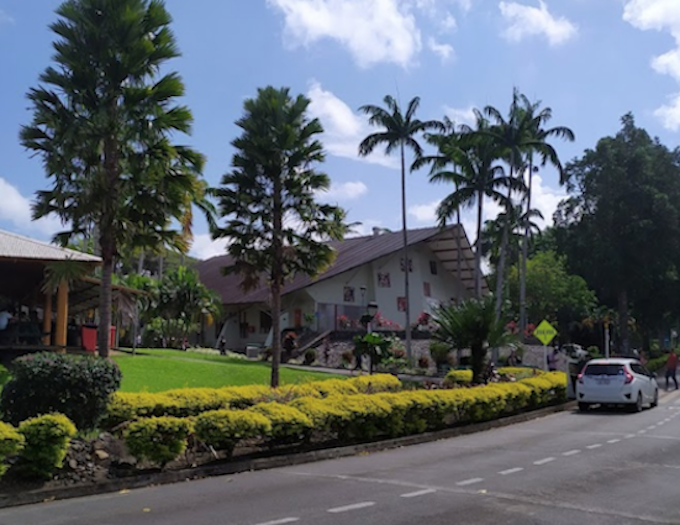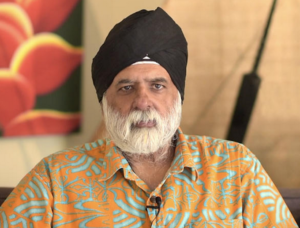
The New Zealand government says it remains concerned by the ongoing management and governance challenges at the Fiji-based regional University of the South Pacific.
This week the Fiji government announced it would not pay its multi-million grant to the university while the current vice-chancellor Pal Ahluwalia remained at his post.
It has called for another investigation after an earlier one revealed significant abuses by former vice-chancellor Rajesh Chandra, who is believed to have close links with the Fiji government.
The Fiji government deported Professor Ahluwalia and his wife in February, after accusing them of immigration breaches.
But the governing USP Council, headed by Nauru President Lionel Aingamea, renewed his contract, and the vice-chancellor is to work out of the Samoa campus instead of Suva.
New Zealand said it respected the collective decision of the council and said it would continue to work with all stakeholders to find a solution that was in the best interests of students.
New Zealand and Australia give significant financial backing to the university which is owned by 12 Pacific Island states.
USP faces a struggle
Long time USP academic Professor Vijay Naidu said that while Fiji paid the most in grant money, it was also the main beneficiary of the institution.
He said that without the Fiji funding the university would struggle.

“The university will survive until the end of this year, but looking beyond that they will obviously be looking to find other sources of funding,” he said.
“And given the fact that the GDPs of Pacific Island countries and the per capita income of the region is relatively low this would be a difficult challenge.”
This article is republished under a community partnership agreement with RNZ.













































Maybe time for NZ to buy USP and run it properly….?!!!
Comments are closed.